Clover: best known as the lucky symbol associated with the Irish, this common, ground covering plant is often considered to be a weed, but could it actually be a powerful, medicinal herb? Let’s find out more about the healing properties and health benefits of clover.
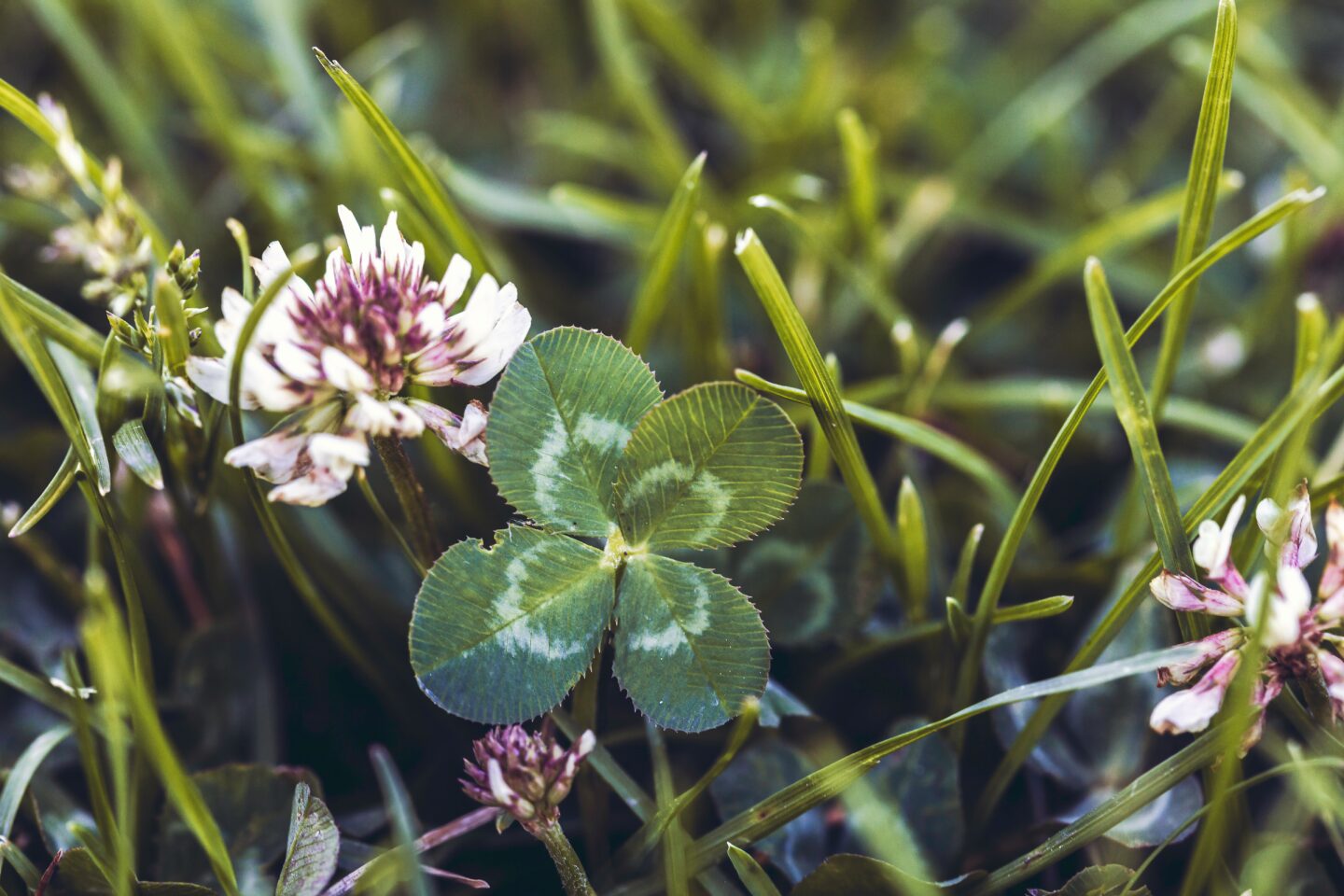
- The history of clover
- Health benefits of red clover
- Side effects of red clover
- Health benefits of white clover
- Uses for clover seed
- Health benefits of clover honey
- Magical properties of clover
- Clover recipes
The history of clover
Plenty of history and superstition surrounds the clover and it’s flowers. You might remember as a child looking for the 1:10,000 lucky four leaf clover among the millions that grow wild in fields.
In the middle ages in Ireland, Celtic priests called Druids carried a three-leaf clover or ‘shamrock’, to allow them to see and ward off evil spirits. four leaf clover were later considered to be Celtic charms, offering magical protection, keeping away bad luck.
Although large quantities of wild clover can be poisonous to humans, studies suggest that in small quantities clover can potentially very beneficial to your health.
Both red and white clovers can be found right across most temperate and subtropical regions of the world – except Southeast Asia and Australia -but they have very different sets of health benefits associated with them…
Health benefits of red clover
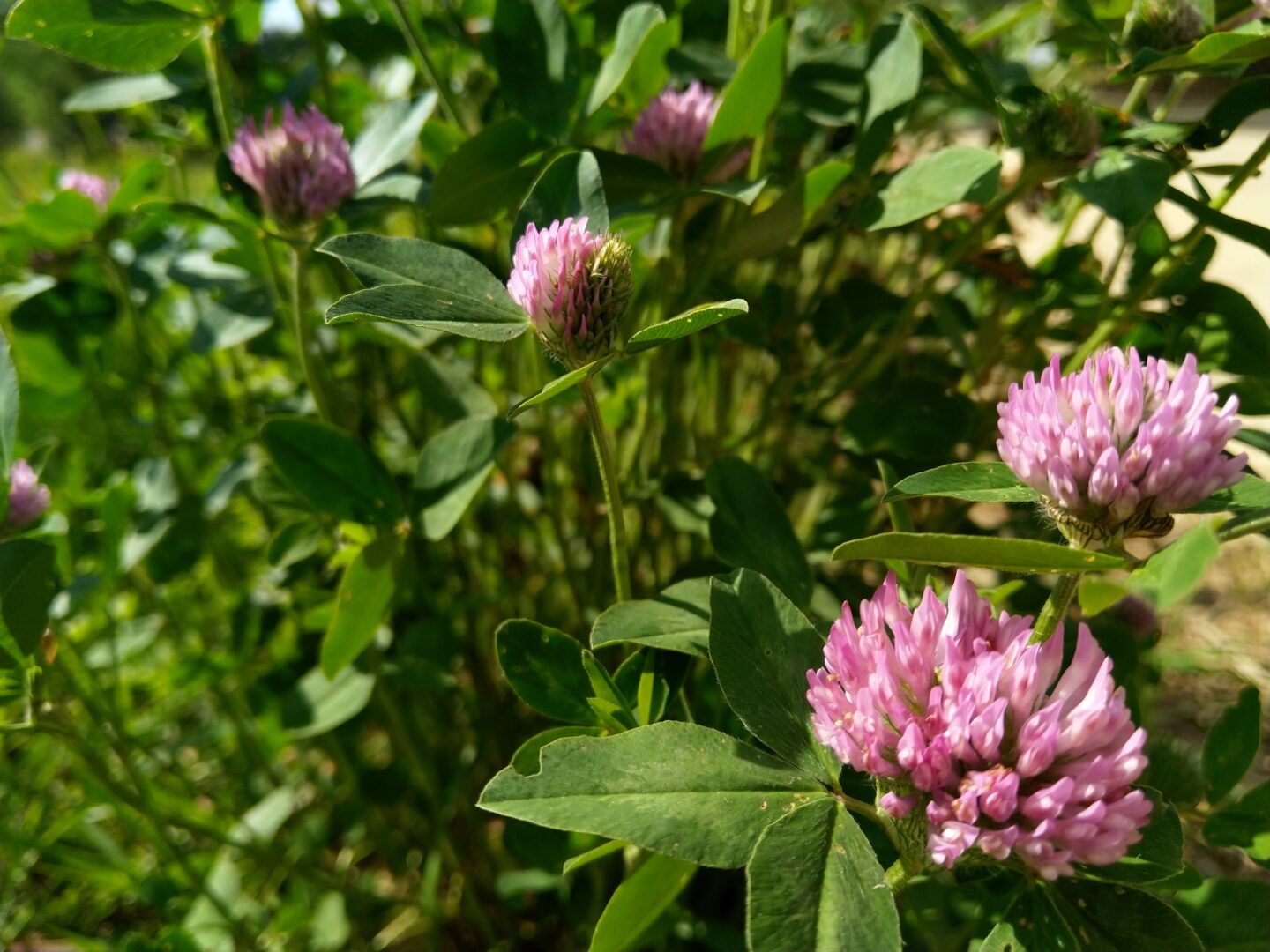
Red clover’s crimson flowers are known to contain a whole host of nutrients, including:
- Calcium
- Chromium
- Magnesium
- Niacin
- Phosphorus
- Potassium,
- Thiamine
- Vitamin C
In herbal medicine, red clover is often used to treat respiratory issues (such as asthma, whooping cough, and bronchitis), to help clear up skin disorders such as eczema and psoriasis, and to treat inflammatory conditions like arthritis, menopause and menstrual symptoms.
Side effects of red clover
Red clover is known to have blood-thinning abilities, which means it can increase any effects of drugs used to prevent blood clots – so avoid taking it with blood thinners and stop taking it at least two weeks prior to surgery.
Red clover may also cause birth control pills to be less effective, due to the hormone-like actions of its isoflavones. Women who are pregnant or breastfeeding, along with anyone with hormone-sensitive cancers, should also avoid taking red clover, as these isoflavones have similar activity in the body as the hormone estrogen, and could be unsafe.
If you’re considering using red clover for health, make sure to consult your GP first.
Health benefits of white clover
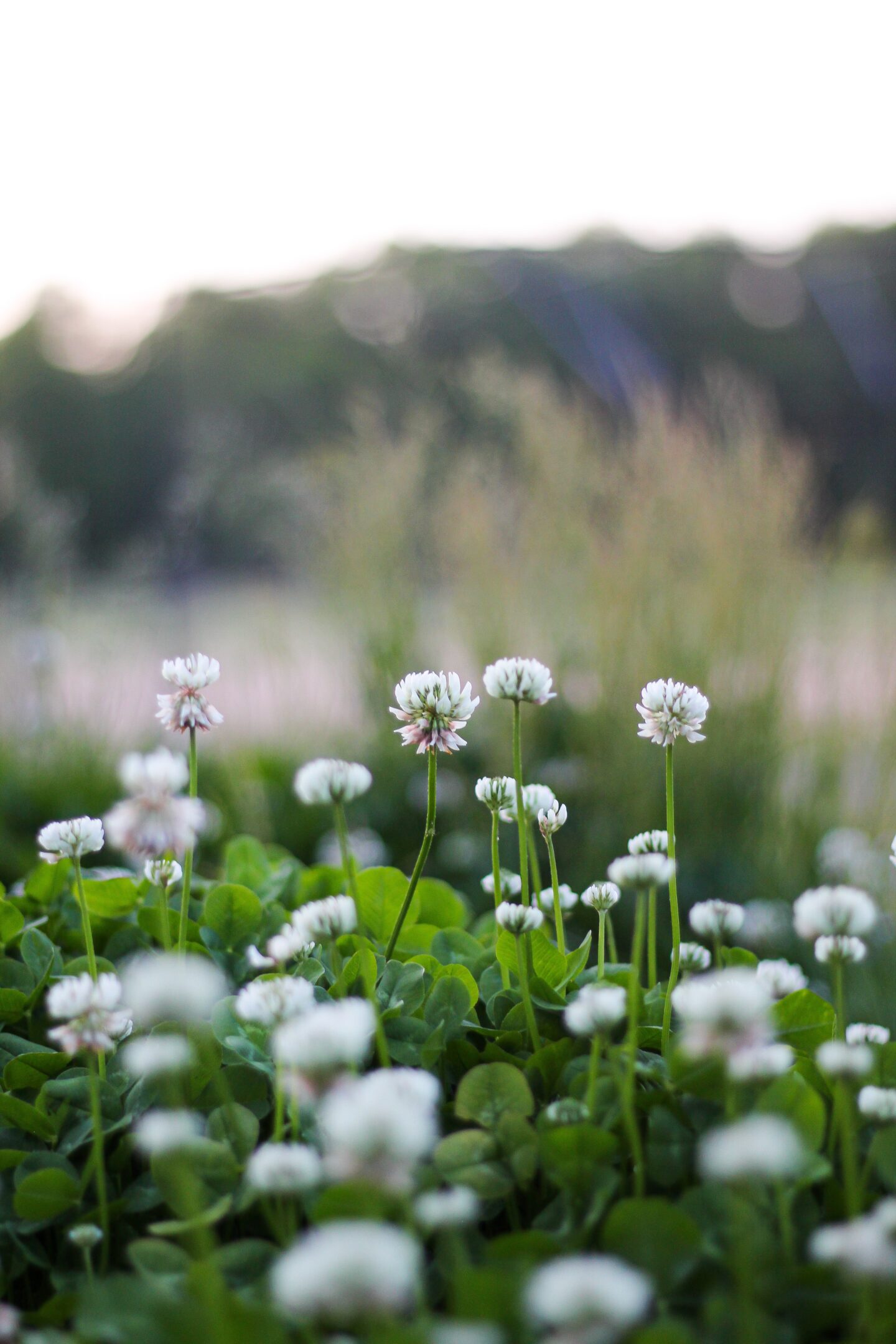
The health benefits of white clover are bit different to their crimson counterpart: these little edible blossoms are rich in a whole host of vitamins and minerals, making them great to drink as a general health tonic to boost the immune system and to detoxify the body of inflammations.
Uses for clover seed
Clover seeds are also a rich source of protein, essential vitamins, and minerals. Thought to contain a huge 26% protein, they’re super easy for the body to digest and also provide essential vitamins and minerals that you’s be pretty hard-pressed to find in any other food source, such as:
- Zinc
- Phosphorus
- Vitamin K
- Vitamin E
- Vitamin A
Health benefits of clover honey
Clover honey is a thick, sweet syrup made by honeybees that collect the nectar of clover plants.
High in flavanols and antioxidants that can help to regulate your blood pressure, clover seeds are thought to help to help protect your heart health, promoting better blood flow, as well as transportation of oxygen and nutrients throughout your body.
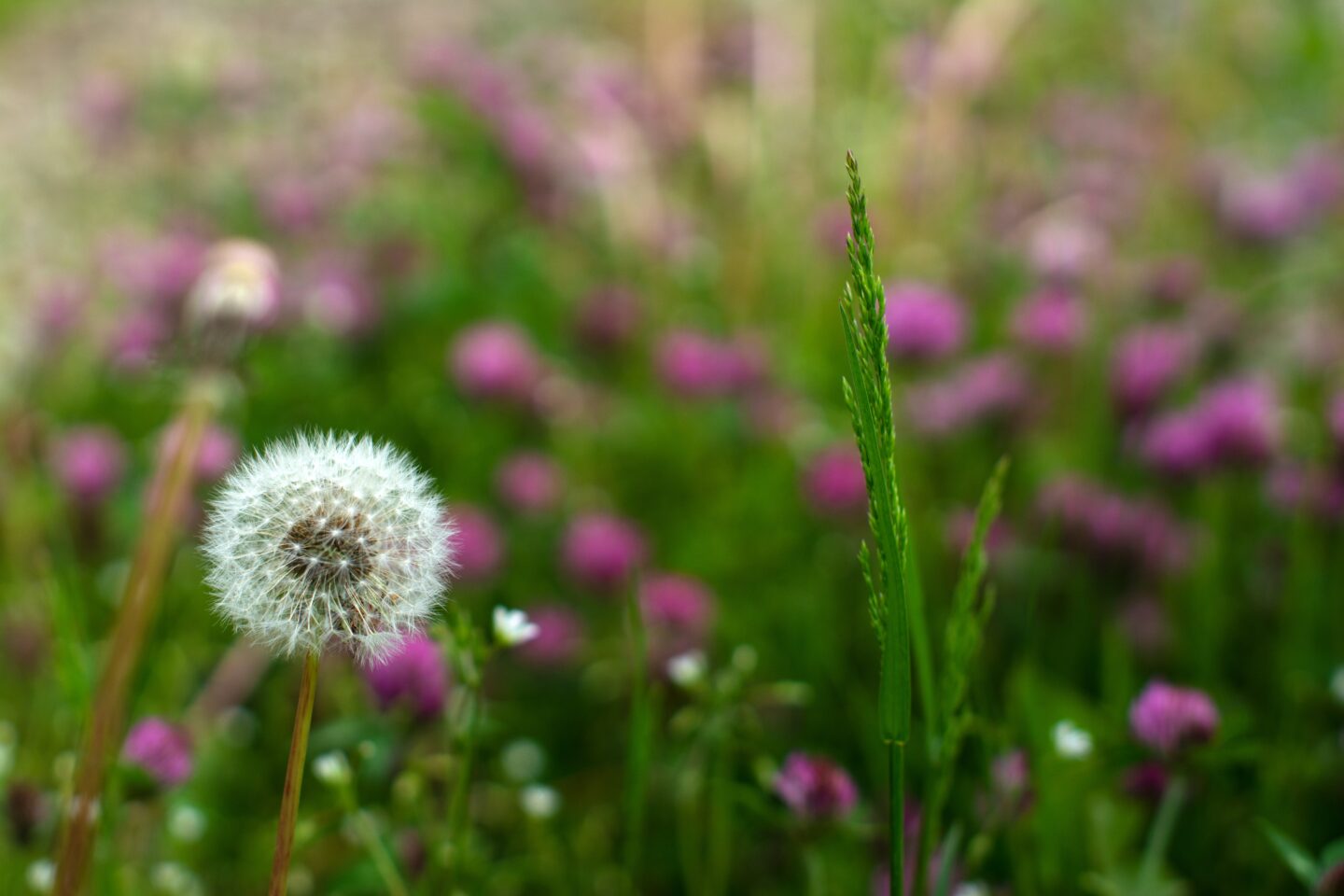
Magical properties of clover
Clover has long been regarded as a lucky plant, and has been associated with protection and prosperity in folklore for centuries.
Whilst White Clovers are thought to drive out negative energy, Red Clovers are thought to help bring good fortune – particularly in love.
In folk magic, Red Clovers are used in ritual baths to attract love and lust to the bather, and it’s thought that places a Red Clover blossom inside your shoe will increase your chances of meeting a rich new lover.
White Clovers, on the other hand, are said to help promote peace and clarity, and are often used in purification rituals or for breaking hexes. It is also thought that ingesting White Clover tea can help to enhance psychic powers.
Clover recipes
Red Clover tea recipe
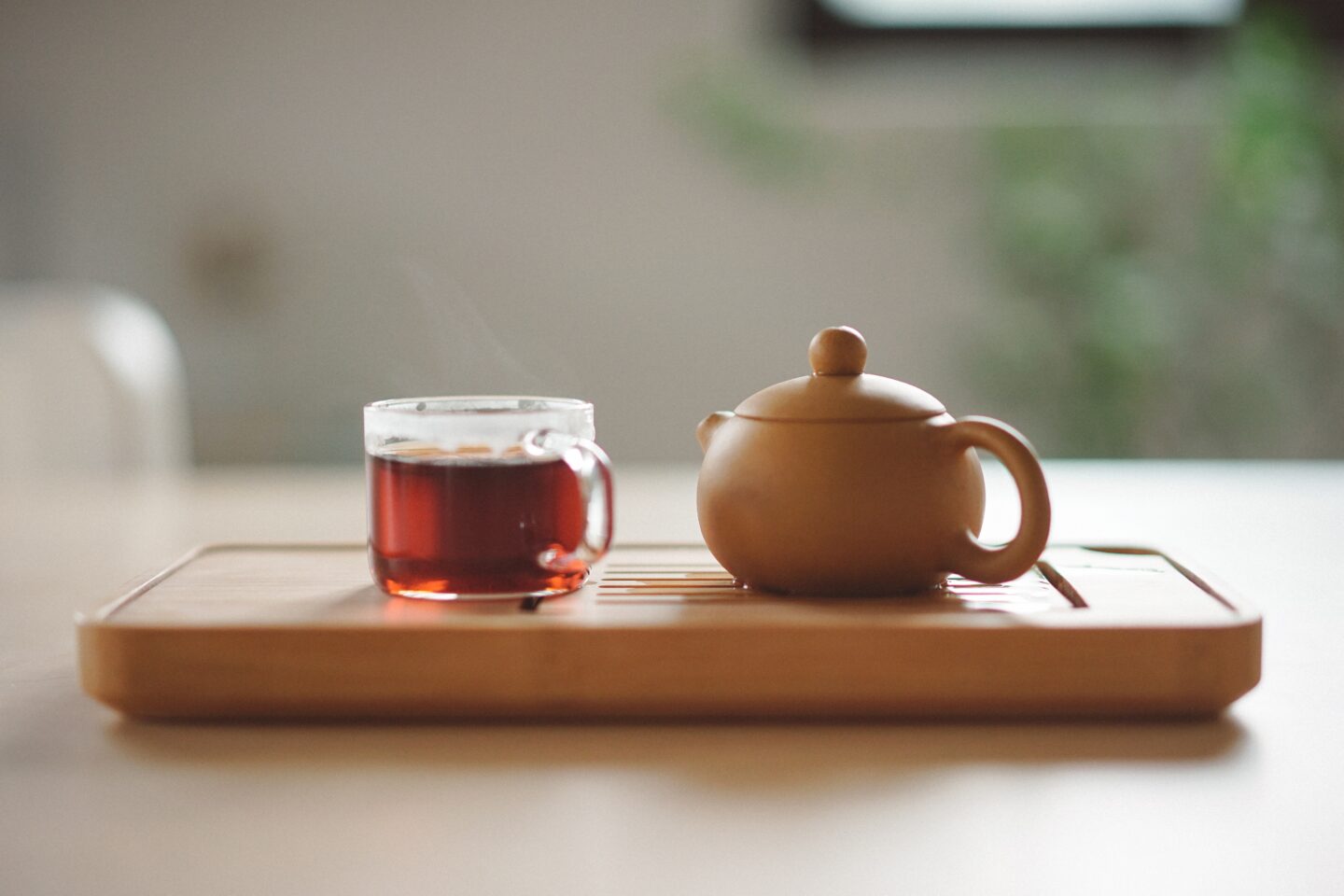
This red clover tea recipe is super simple, and can be made in minutes with the Red Clover blossoms you pick from any garden or park area.
Ingredients:
- 1 cup of fresh red clover blossoms or 1/2 cup dried leaves
- 4 cups water
- Honey or maple syrup to taste
Method:
- Put the clover blossoms into a tea bag or strainer, and pour the boiling water over them.
- Let steep for 5-10 minutes, then strain out or remove the teabag.
- Serve hot using with honey or maple syrup to sweeten if desired
White Clover and mint tonic recipe
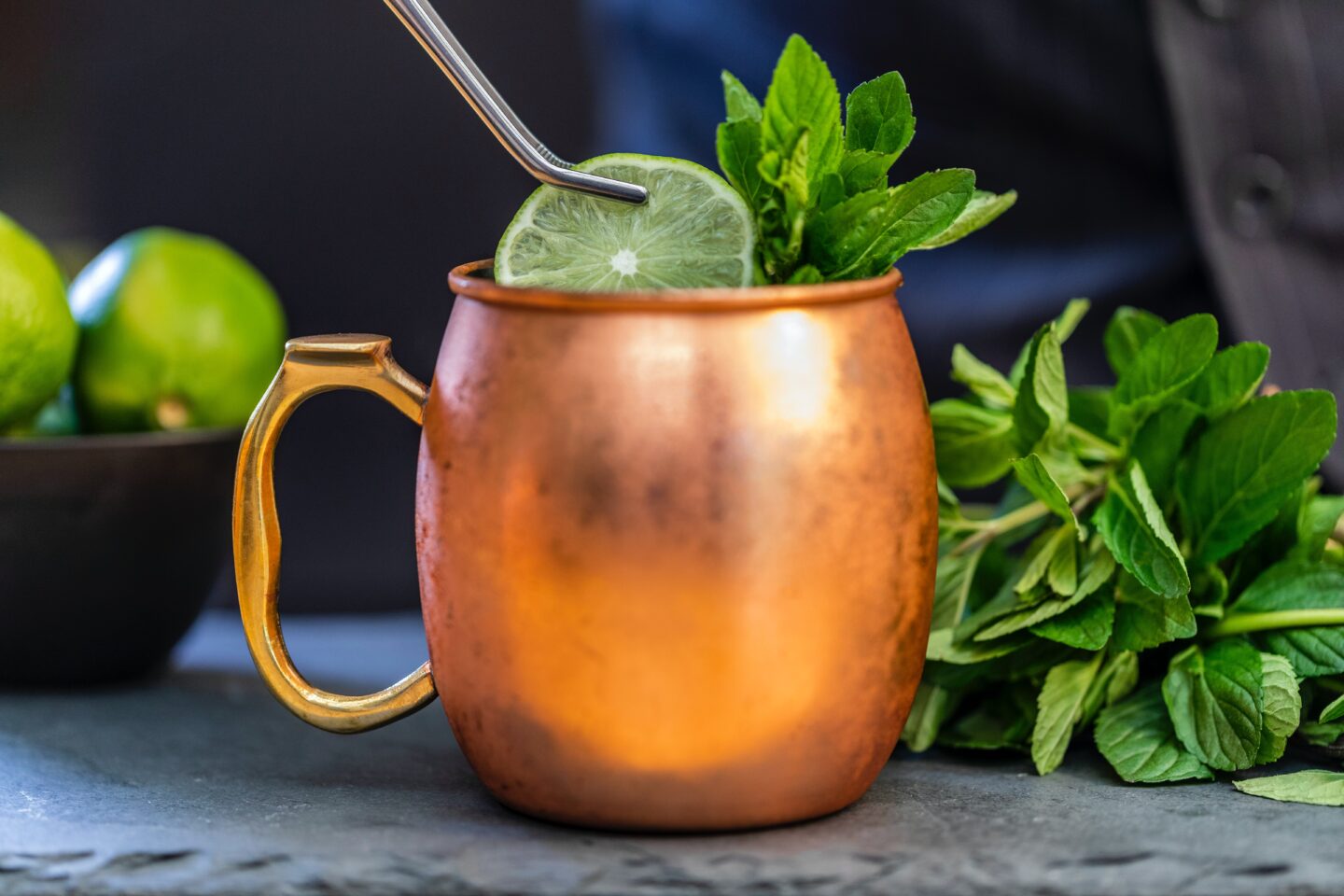
White clover blossoms and mint leaves combined can make a wonderfully refreshing iced tea, that’s also great for your immune system.
Ingredients:
- 1 cup of fresh mint leaves or 1/2 cup dried leaves
- 1 cup fresh white clover blossoms or 1/2 cup dried blossoms
- 4 cups water
- Honey or maple syrup to taste
- Lemon wedge
Method:
- Put the clover blossoms and mint leaves together into a jar, and pour the boiling water over them.
- Let steep for at least 30 minutes or up to 4 hours, then strain out the clover blossoms with a fine mesh sieve and refrigerate.
- Serve cold over ice with honey or maple syrup and lemon if desired.

Jen is our resident wellness and features editor here at The Daily Struggle. You will probably find her on the beach, painting her house or writing about magick and motherhood.